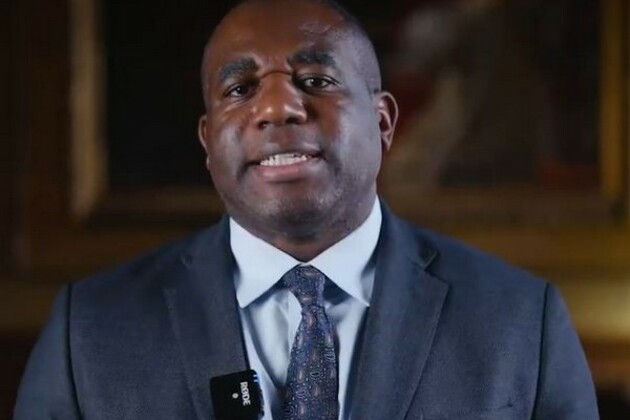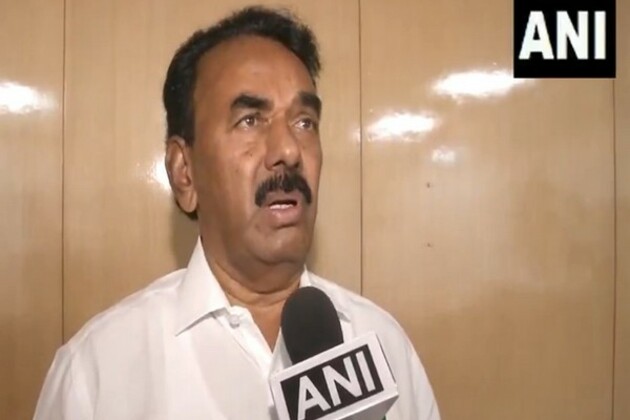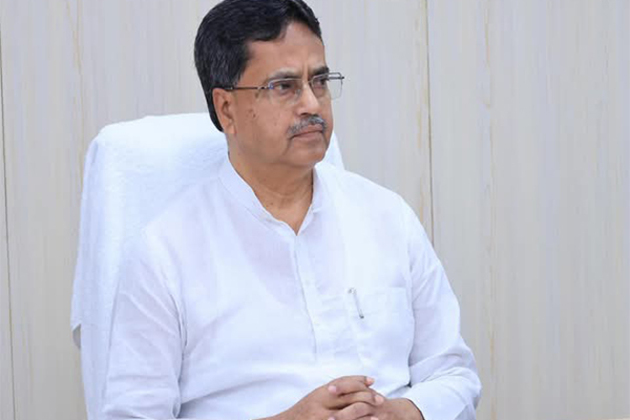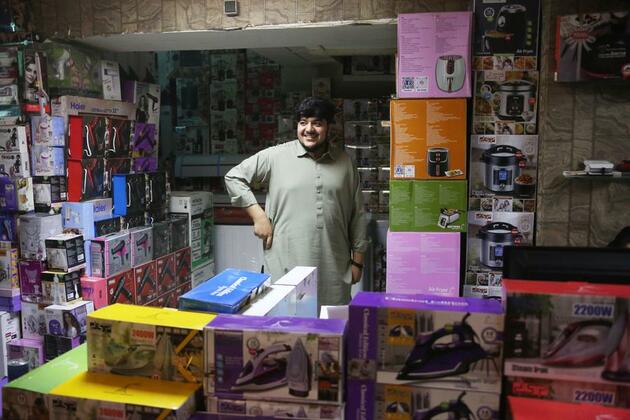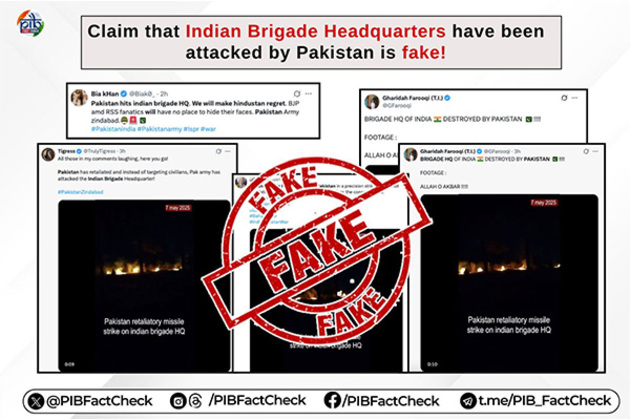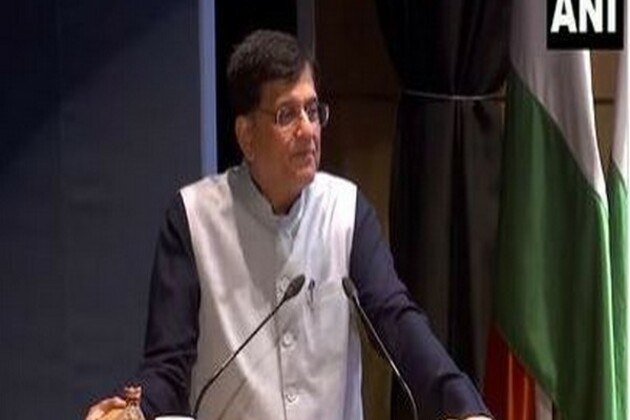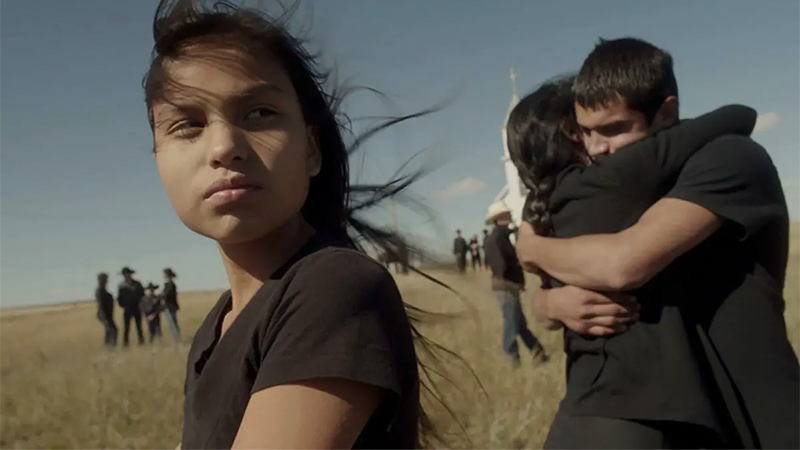10 reasons why banning social media for New Zealanders under 16 is a bad idea - and will affect adults too
The Conversation
07 May 2025, 04:01 GMT+10
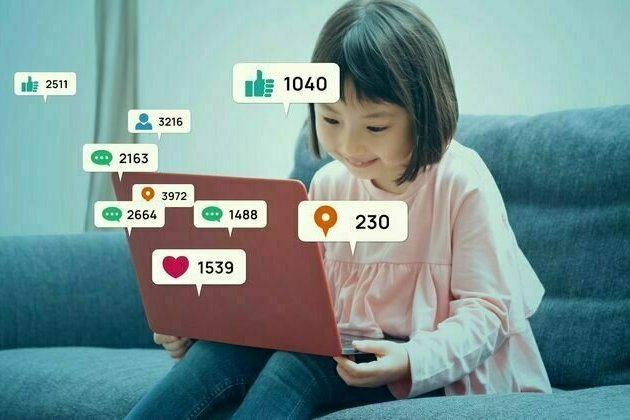
Government coalition partners National and Act are at odds over proposed restrictions on social media use by New Zealanders aged 16 and under.
Prime Minister Christopher Luxon recently announced a National Party private member's bill that would require social media companies to verify someone is aged 16 or older. Luxon said social media was not "always a safe place for young people".
But ACT Party leader David Seymour has dismissed National's proposal, saying it was "simple, neat and wrong".
Even if the member's bill is not chosen out of the parliament biscuit tin, global interest in getting young people off social media is increasing.
In late 2024, Australia passed a law banning children aged under 16 from social media platforms. Advocates, police and politicians in the United Kingdom, United States and elsewhere have all proposed similar laws.
While there is merit in young people spending more time offline, and there are real concerns about the impact of social media on wider society, it's not clear that outright prohibition will achieve what is hoped for. Here are ten reasons a blanket ban is not the answer.
Lobby group Before 16 has compared social media to tobacco, saying the platforms should be treated as a public health harm. The implication is that young people could get addicted to social media.
But the standard for diagnosing addiction is high. Most young people are not addicted to social media; they have a habitual relationship with it that is hard to change.
Likewise, comparing digital experiences to food may not capture the full range of interactions and impacts. This often implies value judgements, suggesting online experiences are all about "dopamine hits" (similar to sweet treats) and inherently less valuable or "unhealthy" compared to offline experiences.
The language of the ban seems to suggest the relationship between social media and users goes in one direction - that people are simply exposed to the good and bad of platforms such as Facebook, TikTok and X. But using social media is not like going outside and getting burnt by the sun.
While social media affects people, it's also a tool we use to actively shape and create meaning for ourselves. It provides social scaffolding for day-to-day lives, identity formation, communication with family overseas, community support, and even a place to complain about parents.
One of most influential books behind the ban is Jonathan Haidt's The Anxious Generation. Haidt claims a causal link between social media use and increased anxiety and depression in Gen Z (those born between 1995 and 2012).
But this claim is highly contentious and has been criticised for failing to consider other causes for the rise in anxiety in young people.
At best, there may be a correlation between social media and poor mental health - they are happening at the same time. Young people are also grappling with the climate crisis, increasing inequality and global instability. These variables are difficult to isolate in a study, meaning social media becomes an easy target.
Critics of social media also assume everyone has a negative experience online. And yes, if you tend to compare yourself to others on social media then you might end up feeling bad about your life.
But not everyone thinks this way or uses social media to compare what they have (and don't have) with others.
Moral panics can occur when emerging technologies challenge established social norms.
Phenomena such as "phubbing" (using a phone to snub someone) challenge what is considered "socially acceptable" behaviour, triggering a deluge of think pieces about how they hurt society.
While some skills may decline (such as reading and writing) with new technology, others like visual or oral storytelling practiced on social media are on the rise.
Banning social media could mean young people miss out on valuable digital skills.
Getting young people off social media might not be a big deal for kids who fit within their community. But if you are young, gay and live in a small town, for example, social media may provide the only space where you can feel safe or celebrated for who you are.
Social media is also a key means for immigrants to stay in touch with their families and culture.
There are also problems with how the ban is supposed to work - something Australia is still grappling with despite already passing a ban into law (which comes into effect at the end of this year).
Policymakers have yet to explain how age verification technologies would work without giving away more personal data to media platforms. And everyone would have to verify their age, regardless of whether they are under 16 years old or not.
Young people are savvier with technology than older generations. They lead with innovations such as FINSTA (fake Instagram) accounts - fake profiles that allow people to post more privately on Instagram without the pressure of conforming to expectations or the judgement of people who know them.
Blanket bans could hurt this technological adeptness and creativity and stop young people from teaching us how to navigate our online and offline lives.
Media literacy is also a crucial skill in today's media saturated age. The skill of unplugging could become part of that curriculum.
Temporarily going offline is an excellent way to make students aware of their relationship with social media. Schools could have media-free classes or courses to build awareness, encourage new habits and support students to develop new routines.
No one is arguing that social media hasn't had a negative effect on individuals and society as a whole. But instead of a ban, why not work to improve the platforms?
We could focus regulatory efforts on creating safer spaces, like we do with physical buildings.
Overseas advocacy work on children's digital rights shows how we can protect children from algorithms, gamification and other predatory tactics used by social media platforms, rather than introducing an outright ban.
 Share
Share
 Tweet
Tweet
 Share
Share
 Flip
Flip
 Email
Email
Watch latest videos
Subscribe and Follow
Get a daily dose of International Technology news through our daily email, its complimentary and keeps you fully up to date with world and business news as well.
News RELEASES
Publish news of your business, community or sports group, personnel appointments, major event and more by submitting a news release to International Technology.
More InformationComputers
SectionThe treaty that kept India and Pakistan in check is gone. Now what
Days before Indias Operation Sindoor, Islamabad suspended the 1972 agreement with New Delhi that aimed to establish lasting peace between...
David Lammy hails UK-India trade deal as gateway to shared prosperity
London [UK], May 7 (ANI): UK Foreign Secretary David Lammy on Tuesday said that the landmark trade agreement between the United Kingdom...
Purpose is to promote tourism: Telangana Minister Jupally Krishna Rao on organising 72nd Miss World in Hyderabad
Hyderabad (Telangana) [India], May 7 (ANI): The 72nd edition of the Miss World pageant is set to take place in Hyderabad from May 7...
Hyderabad: Minister Jupally Krishna Rao oversees welcome preparations, meets Miss India, ahead of 72nd Miss World pageant
Hyderabad (Telangana) [India], May 6 (ANI): Telangana Tourism and Culture Minister Jupally Krishna Rao visited Rajiv Gandhi International...
Tripura CM lays foundation stone for tourism infrastructure projects worth Rs 67 crore in Gomati
Agartala (Tripura) [India], May 6 (ANI): In a significant move to bolster tourism in Tripura, Chief Minister Manik Saha laid the foundation...
Canton Fair connects Afghan entrepreneurs to global markets
This photo taken on May 3, 2025 shows a store with electronic stocks in Kabul, the capital of Afghanistan. (Photo by Saifurahman Safi/Xinhua)...
Internet
SectionClaims of Pakistan destroying Indian Brigade HQ in retaliation for 'Operation Sindoor' are "false", clarifies PIB
New Delhi [India], May 7 (ANI): A fact-check unit of the Central government has debunked the claim circulating on social media that...
Air India and Air India Express cancel flights amid tensions between India and Pakistan
New Delhi [India], May 7 (ANI): Amid ongoing tensions between India and Pakistan following the Indian Army's precision strikes on Pakistani...
"Airports in parts of Northern India to remain closed until further notice": Spicejet issues travel advisory amid tension between India and Pakistan
New Delhi [India], May 7 (ANI): Amid ongoing tensions between India and Pakistan following the Indian Army's precision strikes on Pakistani...
Indigo issues flight advisory for passengers amid tension between India and Pakistan
New Delhi [India], May 7 (ANI): Amid the ongoing tensions between India and Pakistan following the Indian Army's precision strikes...
"Bharat Mata ki Jai": Union Minister Piyush Goyal lauds Operation Sindoor
New Delhi [India], May 7 (ANI): Union Commerce and Industry Minister Piyush Goyal on Wednesday morning lauded the 'Operation Sindoor'...
10 reasons why banning social media for New Zealanders under 16 is a bad idea - and will affect adults too
Government coalition partners National and Act are at odds over proposed restrictions on social media use by New Zealanders aged 16...


